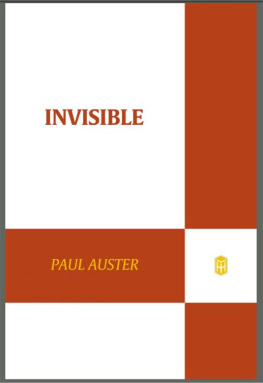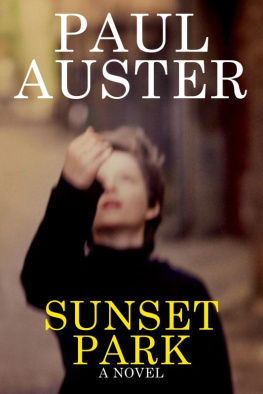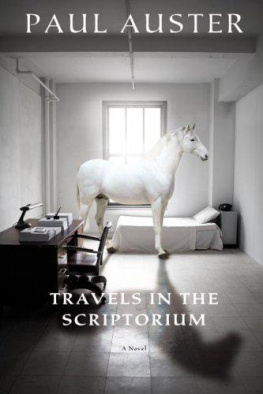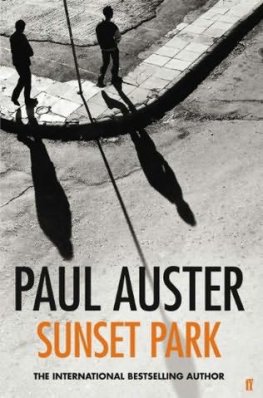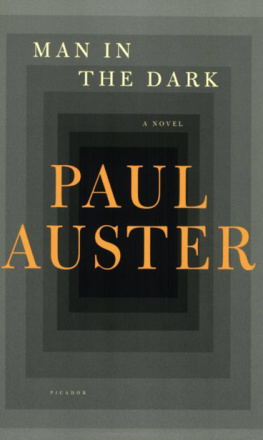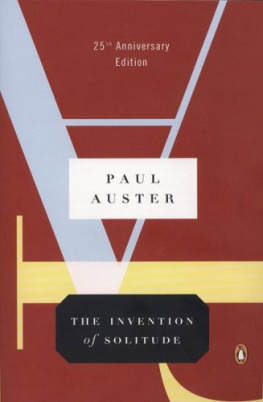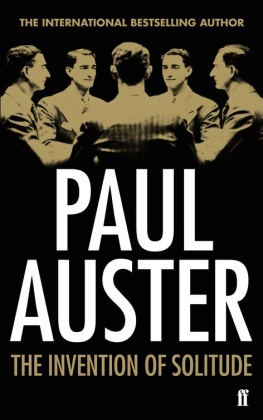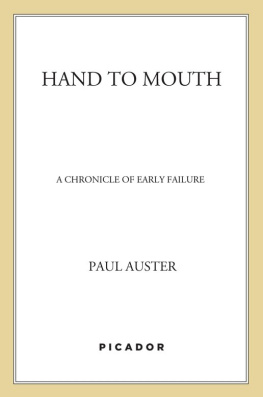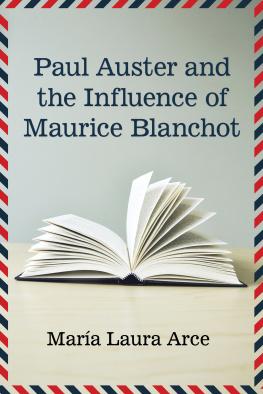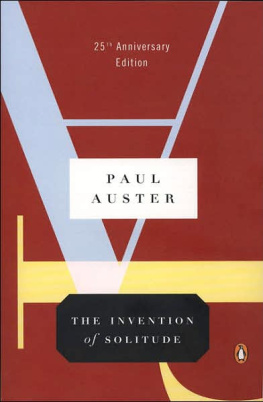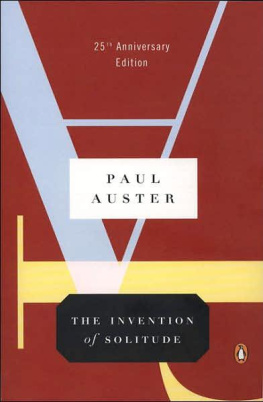INVISIBLE
shook his hand for the first time in the spring of 1967. I was a second-year student at Columbia then, a know-nothing boy with an appetite for books and a belief (or delusion) that one day I would become good enough to call myself a poet, and because I read poetry, I had already met his namesake in Dantes hell, a dead man shuffling through the final verses of the twenty-eighth canto of the
Inferno. Bertran de Born, the twelfth-century Provenal poet, carrying his severed head by the hair as it sways back and forth like a lanternsurely one of the most grotesque images in that book-length catalogue of hallucinations and torments. Dante was a staunch defender of de Borns writing, but he condemned him to eternal damnation for having counseled Prince Henry to rebel against his father, King Henry II, and because de Born caused division between father and son and turned them into enemies, Dantes ingenious punishment was to divide de Born from himself. Hence the decapitated body wailing in the underworld, asking the Florentine traveler if any pain could be more terrible than his.
When he introduced himself as Rudolf Born, my thoughts immediately turned to the poet. Any relation to Bertran? I asked.
Ah, he replied, that wretched creature who lost his head. Perhaps, but it doesnt seem likely, Im afraid. No
de. You need to be nobility for that, and the sad truth is Im anything but noble.
I have no memory of why I was there. Someone must have asked me to go along, but who that person was has long since evaporated from my mind. I cant even recall where the party was helduptown or downtown, in an apartment or a loftnor my reason for accepting the invitation in the first place, since I tended to shun large gatherings at the time, put off by the din of chattering crowds, embarrassed by the shyness that would overcome me in the presence of people I didnt know. But that night, inexplicably, I said yes, and off I went with my forgotten friend to wherever it was he took me.
What I remember is this: at one point in the evening, I wound up standing alone in a corner of the room. I was smoking a cigarette and looking out at the people, dozens upon dozens of young bodies crammed into the confines of that space, listening to the mingled roar of words and laughter, wondering what on earth I was doing there, and thinking that perhaps it was time to leave. An ashtray was sitting on a radiator to my left, and as I turned to snuff out my cigarette, I saw that the butt-filled receptacle was rising toward me, cradled in the palm of a mans hand. Without my noticing them, two people had just sat down on the radiator, a man and a woman, both of them older than I was, no doubt older than anyone else in the roomhe around thirty-five, she in her late twenties or early thirties.
They made an incongruous pair, I felt, Born in a rumpled, somewhat soiled white linen suit with an equally rumpled white shirt under the jacket and the woman (whose name turned out to be Margot) dressed all in black. When I thanked him for the ashtray, he gave me a brief, courteous nod and said
My pleasure with the slightest hint of a foreign accent. French or German, I couldnt tell which, since his English was almost flawless. What else did I see in those first moments? Pale skin, unkempt reddish hair (cut shorter than the hair of most men at the time), a broad, handsome face with nothing particularly distinctive about it (a generic face, somehow, a face that would become invisible in any crowd), and steady brown eyes, the probing eyes of a man who seemed to be afraid of nothing. Neither thin nor heavy, neither tall nor short, but for all that an impression of physical strength, perhaps because of the thickness of his hands. As for Margot, she sat without stirring a muscle, staring into space as if her central mission in life was to look bored. But attractive, deeply attractive to my twenty-year-old self, with her black hair, black turtleneck sweater, black mini skirt, black leather boots, and heavy black makeup around her large green eyes. Not a beauty, perhaps, but a simulacrum of beauty, as if the style and sophistication of her appearance embodied some feminine ideal of the age.
Born said that he and Margot had been on the verge of leaving, but then they spotted me standing alone in the corner, and because I looked so unhappy, they decided to come over and cheer me upjust to make sure I didnt slit my throat before the night was out. I had no idea how to interpret his remark. Was this man insulting me, I wondered, or was he actually trying to show some kindness to a lost young stranger? The words themselves had a certain playful, disarming quality, but the look in Borns eyes when he delivered them was cold and detached, and I couldnt help feeling that he was testing me, taunting me, for reasons I utterly failed to understand.
I shrugged, gave him a little smile, and said: Believe it or not, Im having the time of my life.
That was when he stood up, shook my hand, and told me his name. After my question about Bertran de Born, he introduced me to Margot, who smiled at me in silence and then returned to her job of staring blankly into space.
Judging by your age, Born said, and judging by your knowledge of obscure poets, I would guess youre a student. A student of literature, no doubt. NYU or Columbia?
Columbia.
Columbia, he sighed. Such a dreary place.
Do you know it?
Ive been teaching at the School of International Affairs since September. A visiting professor with a one-year appointment. Thankfully, its April now, and Ill be going back to Paris in two months.
So youre French.
By circumstance, inclination, and passport. But Swiss by birth.
French Swiss or German Swiss? Im hearing a little of both in your voice.
Born made a little clucking noise with his tongue and then looked me closely in the eye. You have a sensitive ear, he said. As a matter of fact, I
am boththe hybrid product of a German-speaking mother and a French-speaking father. I grew up switching back and forth between the two languages.
Unsure of what to say next, I paused for a moment and then asked an innocuous question: And what are you teaching at our dismal university?
Disaster.
Thats a rather broad subject, wouldnt you say?
More specifically, the disasters of French colonialism. I teach one course on the loss of Algeria and another on the loss of Indochina.
That lovely war weve inherited from you.
Never underestimate the importance of war. War is the purest, most vivid expression of the human soul.
Youre beginning to sound like our headless poet.
Oh?
I take it you havent read him.
Not a word. I only know about him from that passage in Dante.
De Born was a good poet, maybe even an excellent poetbut deeply disturbing. He wrote some charming love poems and a moving lament after the death of Prince Henry, but his real subject, the one thing he seemed to care about with any genuine passion, was war. He absolutely reveled in it.
I see, Born said, giving me an ironic smile. A man after my own heart.
Im talking about the pleasure of seeing men break each others skulls open, of watching castles crumble and burn, of seeing the dead with lances protruding from their sides. Its gory stuff, believe me, and de Born doesnt flinch. The mere thought of a battlefield fills him with happiness.
I take it you have no interest in becoming a soldier.
None. Id rather go to jail than fight in Vietnam.
And assuming you avoid both prison and the army, what plans?
No plans. Just to push on with what Im doing and hope it works out.
Which is?
Penmanship. The fine art of scribbling.
I thought as much. When Margot saw you across the room, she said to me: Look at that boy with the sad eyes and the brooding faceIll bet you hes a poet. Is that what you are, a poet?
I write poems, yes. And also some book reviews for the

